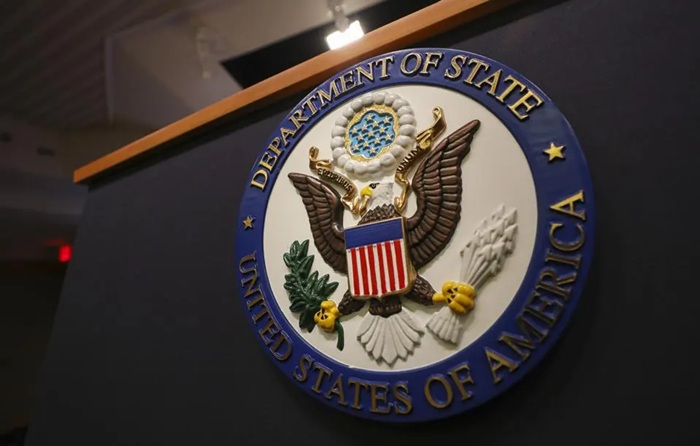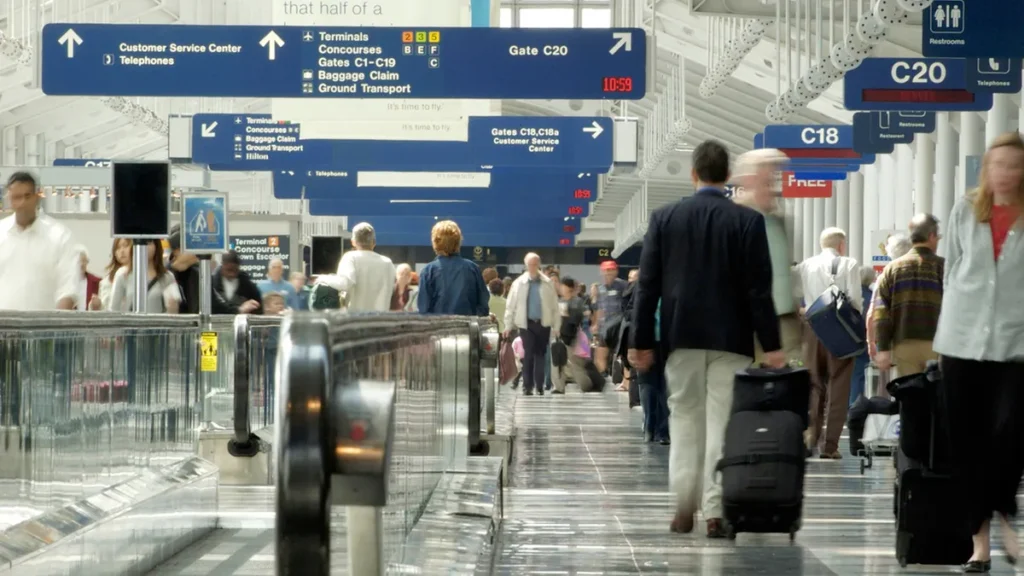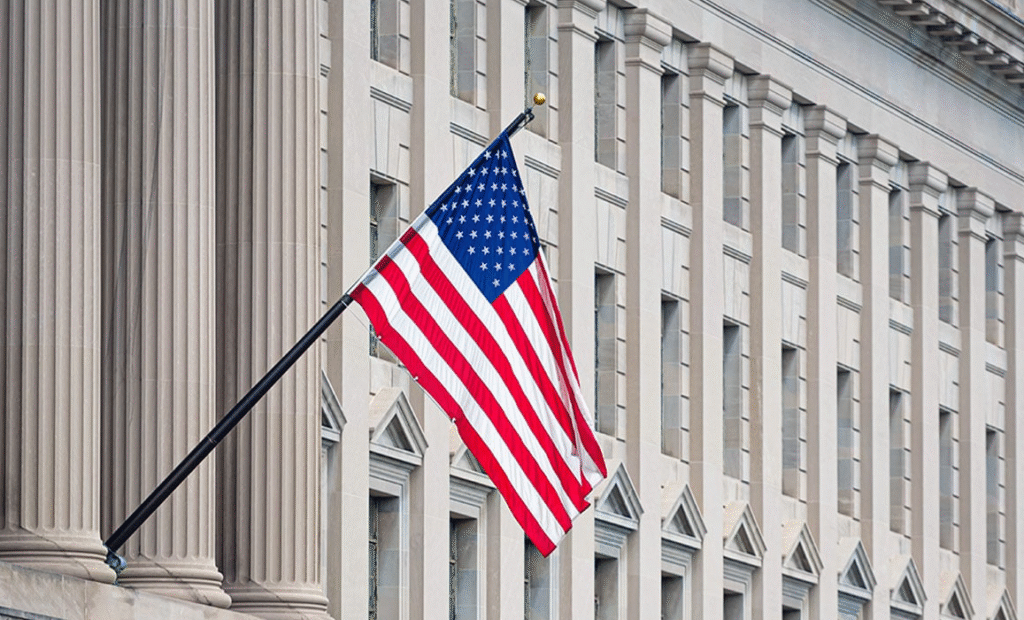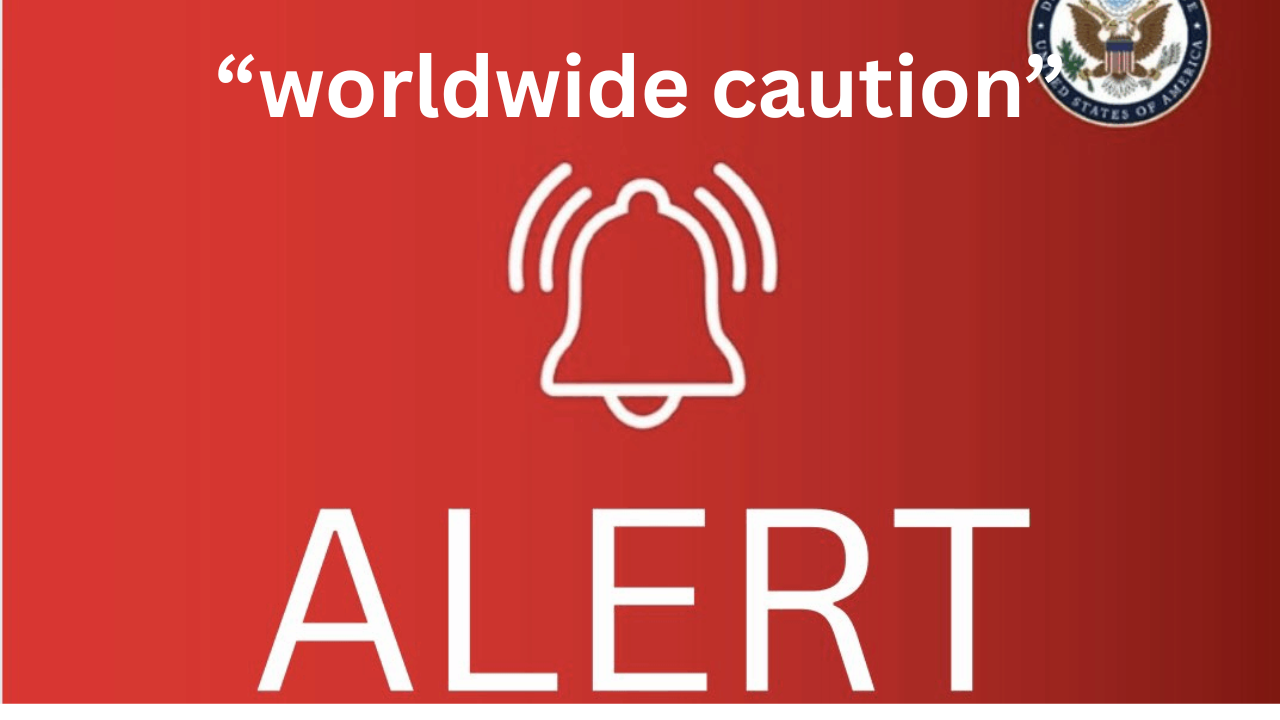The U.S. issues a ‘Worldwide Caution’ travel alert after striking Iran’s nuclear sites. Learn what it means for American travelers, how to stay safe abroad, and the global response.
In the wake of the United States’ targeted military strikes on Iranian nuclear facilities, the U.S. Department of State has issued a “Worldwide Caution” travel alert. This global advisory is aimed at ensuring the safety of U.S. citizens abroad as international tensions rise. The government has made it clear: American lives are a top priority, and proactive steps are being taken to protect them from potential threats worldwide.

This blog breaks down what the “Worldwide Caution” alert means, why it was issued, what recent events led up to it, and what American travelers should do now. We also explore the broader implications for international travel and U.S. foreign policy.
What Is the ‘Worldwide Caution’ Travel Alert?
The “Worldwide Caution” alert is a special kind of travel advisory issued by the U.S. Department of State. It warns U.S. citizens about the potential for terrorist attacks, demonstrations, or violent actions against Americans or U.S. interests abroad.
While such alerts are not issued frequently, when they are, they serve as a serious reminder to remain vigilant while traveling or living outside the United States.
Background: What Prompted the Latest Alert?
The new Worldwide Caution was issued shortly after President Donald Trump confirmed a series of precise U.S. airstrikes targeting Iran’s nuclear facilities in Fordow, Natanz, and Isfahan. These strategic sites have long been at the heart of Iran’s controversial nuclear program.
Worldwide Caution: The conflict between Israel and Iran has resulted in disruptions to travel and periodic closure of airspace across the Middle East. There is the potential for demonstrations against U.S. citizens and interests abroad. The Department of State advises U.S.… pic.twitter.com/PXJCvSHNxy
— Travel – State Dept (@TravelGov) June 22, 2025
According to the White House and Pentagon sources:
- The airstrikes were “highly successful” in disrupting Iran’s nuclear capabilities.
- The action was described as “defensive and preventive,” aimed at stopping Iran from enriching weapons-grade uranium.
- President Trump added a stern warning: “There are many targets left. We don’t want war, but we will act if provoked.”
This military intervention has led to widespread international concern, with Iranian officials calling the move “outrageous” and vowing consequences. The U.S. government is now preparing for potential backlash, including retaliatory attacks or unrest that could endanger American travelers worldwide.
Key Details of the Travel Advisory
The Worldwide Caution alert highlights several potential threats and safety concerns:

- Increased risk of terrorist attacks or revenge plots against Americans.
- Possible anti-American protests and demonstrations in certain countries.
- Threats to U.S. embassies and diplomatic staff around the world.
- General unrest or instability in volatile regions, particularly the Middle East and parts of Europe.
The advisory urges Americans to:
- Monitor local news and social media for updates.
- Avoid high-risk areas, especially government buildings and crowded places.
- Enroll in the Smart Traveler Enrollment Program (STEP) to get security alerts.
- Be aware of emergency contacts at U.S. embassies and consulates.
How Does This Affect Travel Plans?
While the Worldwide Caution alert is not a ban, it can have major implications for international travel:

Airlines and Flights:
- Airlines may reroute or cancel flights to regions facing instability.
- Flight delays and stricter airport security checks could become common.
Tourism:
- American tourists are being advised to reconsider non-essential travel to certain countries, especially in the Middle East, parts of Africa, and Southeast Asia.
- Travel insurance companies may also adjust their coverage terms, especially for destinations listed in the caution.
International Students and Expats:
- Students studying abroad or expatriates working overseas are being encouraged to review their local security policies, stay connected with the U.S. embassy, and avoid public political gatherings.
Iran’s Response: What Are the Risks?
Iran’s Foreign Minister described the U.S. airstrikes as a “flagrant violation of international law”, claiming that their nuclear program is for peaceful energy purposes. However, Iran has also made several concerning statements:
- Officials have hinted at retaliatory cyberattacks or targeted strikes on U.S. military or civilian sites.
- Iran-backed groups in countries like Syria, Lebanon, and Iraq may pose additional threats to American travelers in those areas.
Given these risks, the Worldwide Caution advisory becomes not just a formality, but a real-time tool for public safety.
How Other Countries Reacted
United Kingdom:
- The UK has issued a parallel advisory, warning its citizens about travel to Iran and nearby regions.
- British diplomats are in close contact with U.S. authorities to assess threats.
France:
- France urged all parties to exercise restraint and avoid escalation.
- French citizens in the Middle East have been advised to maintain high alert.
Russia and 🇨🇳 China:
- Both countries condemned the U.S. strikes and warned that continued military action could destabilize the global security balance.
Despite these international concerns, the U.S. administration maintains that the strikes were essential to prevent nuclear escalation.
How Americans Abroad Can Stay Safe
For Americans currently living or traveling outside the U.S., the following steps are strongly recommended under the Worldwide Caution advisory:

Dos for Americans Abroad
Monitor Local Conditions: Check country-specific travel advisories on travel.state.gov for real-time updates on security risks. Enroll in the Smart Traveler Enrollment Program (STEP) at step.state.gov to receive alerts and facilitate emergency contact.
Maintain a Personal Safety Plan: Prepare for unexpected crises by identifying safe locations, keeping emergency contacts updated, and ensuring your phone is charged, per the US Embassy in Saudi Arabia’s security alert.
Consider Evacuation Options: In Israel, contact the US Embassy for evacuation flights or cruise ships, as announced by Ambassador Mike Huckabee.
Don’ts for Americans Abroad
Do Not Travel to High-Risk Areas: Avoid travel to Israel, Iraq, or Iran due to armed conflict, terrorism, and civil unrest. The State Department explicitly warns against travel to Iran, advising those present to shelter in place.
Avoid Large Gatherings: Steer clear of protests or crowds, which may target US citizens or interests, especially in the Middle East.
Do Not Ignore Airspace Closures: Refrain from planning air travel through regions with closed airspace, such as Israel or Iran, where commercial flights are limited.
Why ‘Worldwide Caution’ Matters More Now Than Ever
In a world connected by instant communication and rapid travel, the threat of violence can escalate globally in hours. That’s why proactive travel alerts like “Worldwide Caution” are crucial for American safety.
The decision to strike Iran’s nuclear facilities is a reminder that global events can trigger ripple effects across continents. The alert is not designed to cause fear, but to empower citizens with knowledge, resources, and awareness
Official Statement from the State Department
“Due to the increased potential for terrorist attacks, demonstrations, or violent actions against U.S. citizens and interests, the Department of State advises U.S. citizens overseas to exercise increased caution. Remain alert in locations frequented by tourists, and always follow the advice of local authorities.”
This shows a clear commitment to transparency and responsibility, reinforcing the idea that safety and awareness go hand in hand.
The U.S. government’s issuance of a ‘Worldwide Caution’ travel alert after the Iran strike is not a sign of panic—but a testament to preparedness and foresight. As international tensions rise, especially in politically sensitive regions, American travelers must stay informed, alert, and connected to U.S. authorities.
Also Read :
U.S. Bombs Iran Updates : Trump Declares Nuclear Threat Wiped Out by Targeted Attacks
Israel Attacks Iran: Full Breakdown of Escalating Conflict, Nuclear Threats, and Global Fallout
Breaking: Israel Orders Tehran Evacuation—Trump Drops Cryptic Message

